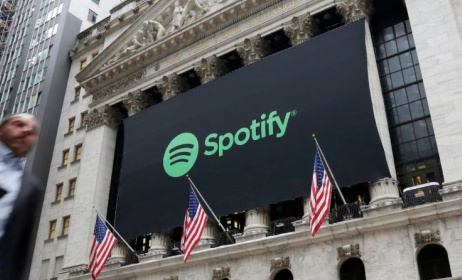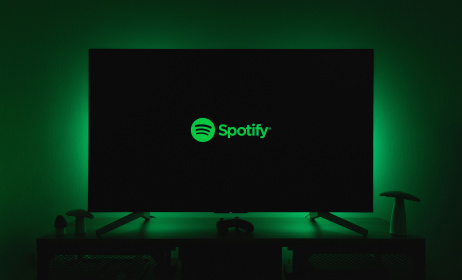Amazon Music hits 55 million users, gains traction on competitors
Music streaming service Amazon Music yesterday announced that it has amassed more than 55 million users on its platform.
 Amazon Music is gaining numbers on spotify and Apple Music.
Amazon Music is gaining numbers on spotify and Apple Music.
Last year, Amazon Music was the fastest growing music streaming service with 70% growth and 32 million subscribers, according to a Financial Times report released in July.
The figure represents an overall growth of more than 50% in the UK, US, Germany and Japan since the service launched in 2016. It has also doubled its customer base in Italy, Spain, France and Mexico, and recently launched in Brazil.
Amazon Music has gained some traction although it still lags behind its top competitors: It is not far behind Apple Music, which announced in June that it had claimed 60 million users. Spotify still leads the pack with 285 million users reported in the fourth quarter of 2019. About 113m of these are paying subscribers.
“We’re proud to reach this incredible milestone and are overwhelmed by our customers’ response to Amazon Music,” Amazon Music vice-president Steve Boom said in a statement. “Our strategy is unique and, like everything we do at Amazon, starts with our customers.
“We’ve always been focused on expanding the marketplace for music streaming by offering music listeners unparalleled choice because we know that different listeners have different needs. As we continue to lead in our investment in voice with Alexa, and in high-quality audio with Amazon Music HD, we’re excited to bring our customers and the music industry even more innovation in 2020 and beyond.”
Amazon has not provided a breakdown of its customers across its six different pricing tiers, which range from $15 per month through to a free, ad-supported tier.
But Spotify claims Amazon is picking up more free ad-supported users. “Our data also suggests that Amazon’s user base skews significantly more to Ad-Supported than Premium, and that average engagement on our platform is approximately 3x,” Spotify said in October. Amazon denied the allegation.
Amazon’s model offers a diverse media services including storage, video, reading, games and music. On the other hand, Spotify has opted to focus on the audio component on its platform.



























Commentaires
s'identifier or register to post comments